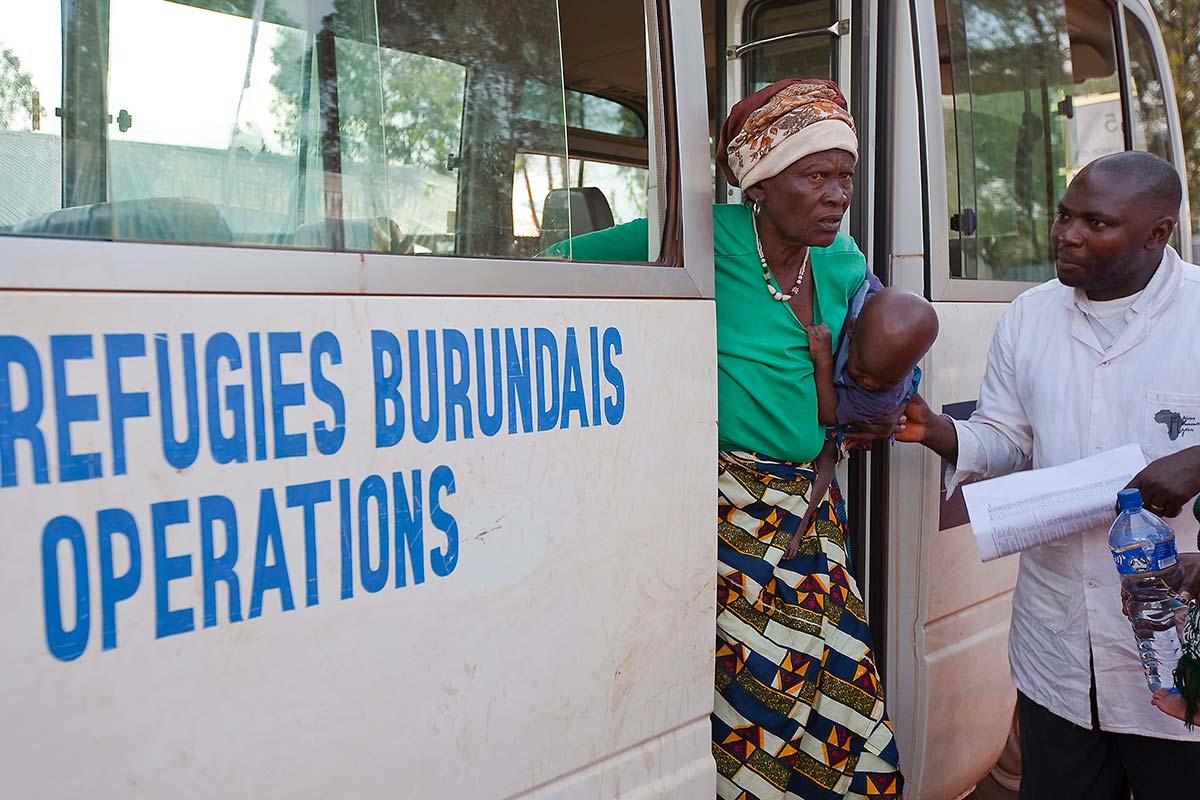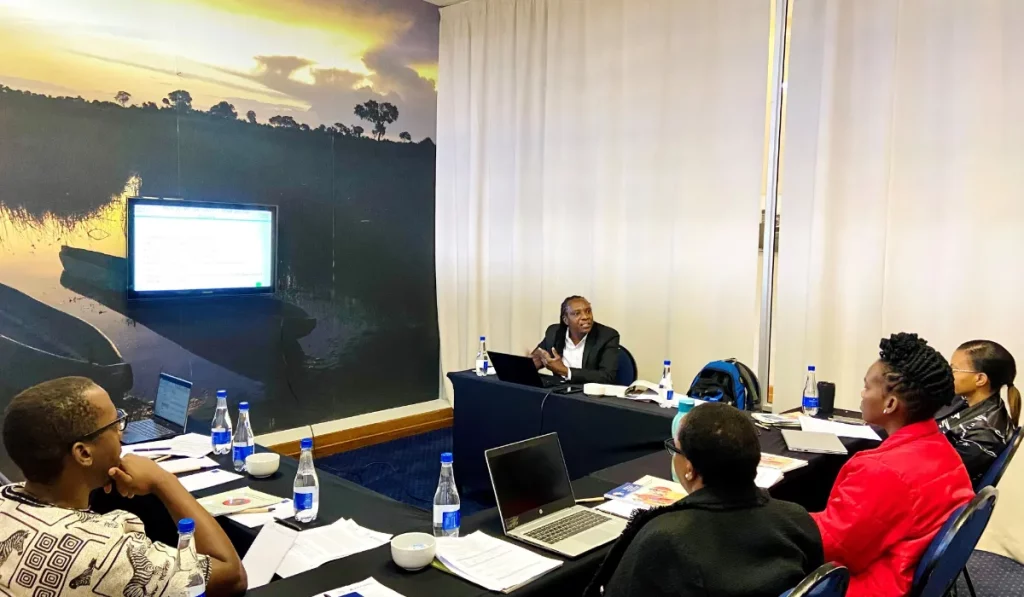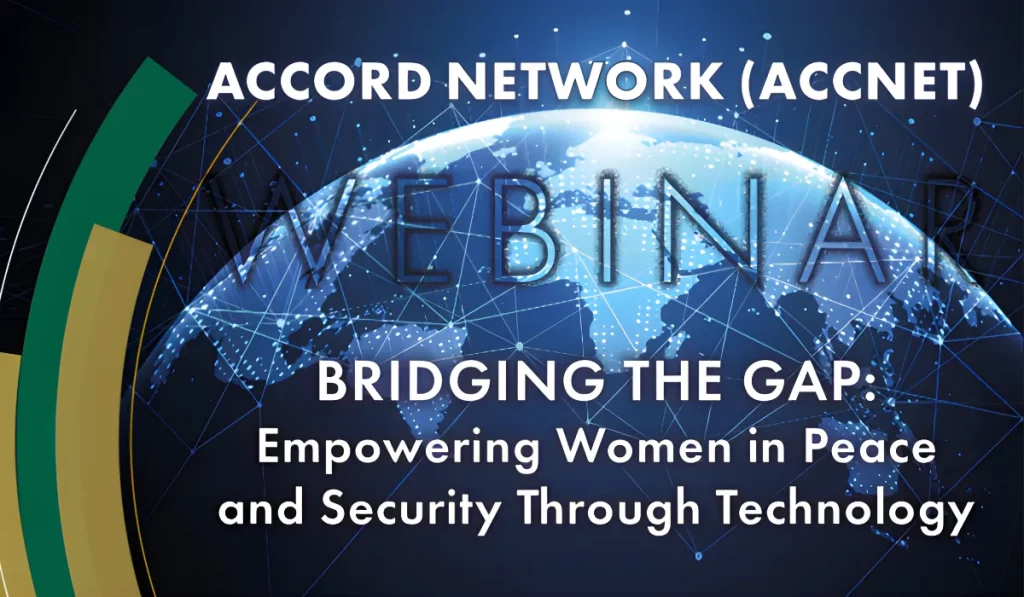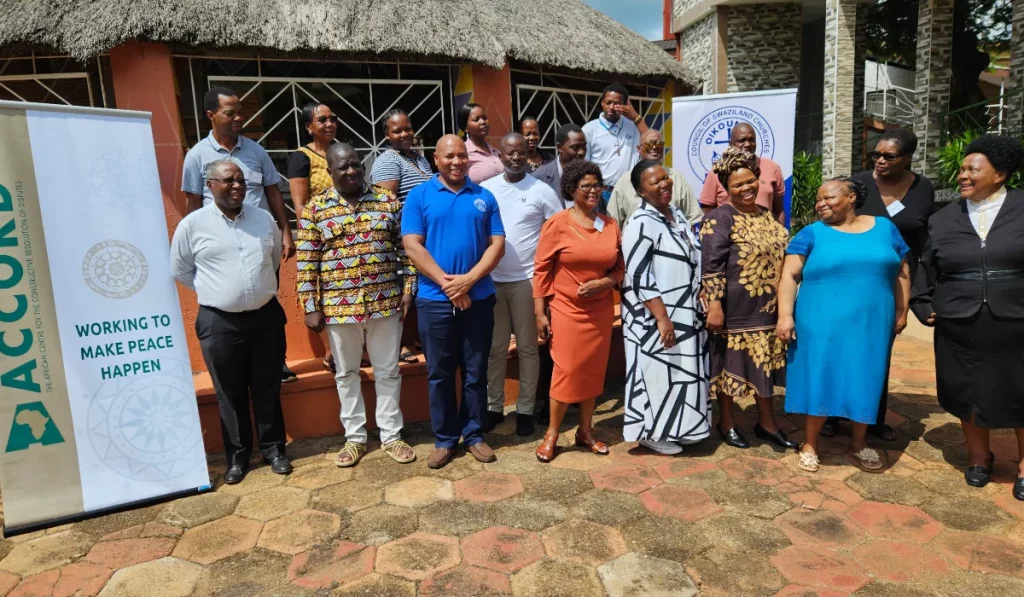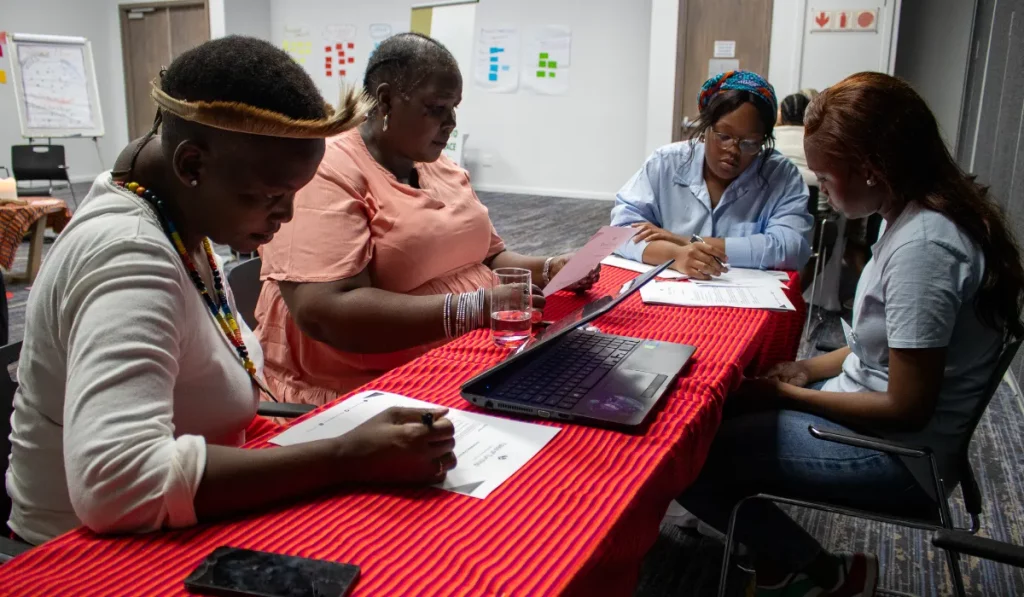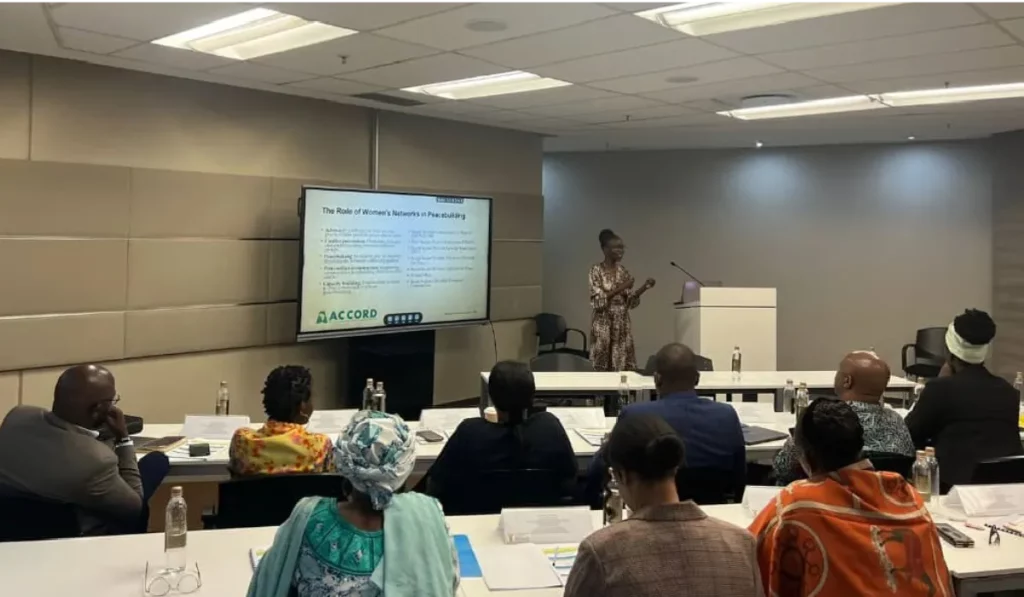To assess the capacity gaps in conflict management and mediation and to identify key actors in the field of peace and security, ACCORD conducted a baseline assessment in Burundi on 16 August 2018. This assessment conceptually informed the training on Conflict Management and Mediation which ACCORD convened in Bujumbura, Burundi from the 24-28 September 2018. As a follow-up to the training, ACCORD implemented a Training of Trainers (ToT) on Conflict Management in Bujumbura, Burundi from the 24-28 June 2019. Nineteen stakeholders from government, academia, faith-based organisations and civil society groups attended the training.
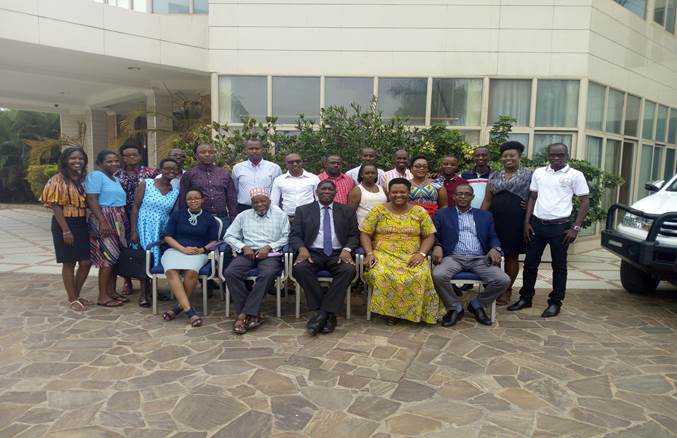
The ToT aimed to consolidate the capacities of the previously trained stakeholders. The ToT emphasised enhanced coordination between state and non-state actors for greater inclusion and participation to mitigate conflict and build sustainable peace, security and development in Burundi.
Upon presenting on the group exercises, the participants highlighted that the conflict ends on paper with the signing of agreements, but the reality is that the conflict at the local level continues. Furthermore, current challenges in Burundi require a deeper reflection of all related peace agreements to understand the dynamics. The implications of these dynamics on peace and security are evident in that while there is a degree of stability at the level of the state, the unaddressed fault lines within local communities create an environment where conflict persists and can escalate.
ACCORD remains committed to strengthening the capacity of local and national actors for peace across Africa. Moreover, to enhancing the capacity of relevant ministries in national governments, local civil society and academia to respond proactively to prevent and manage local and national level conflicts.

